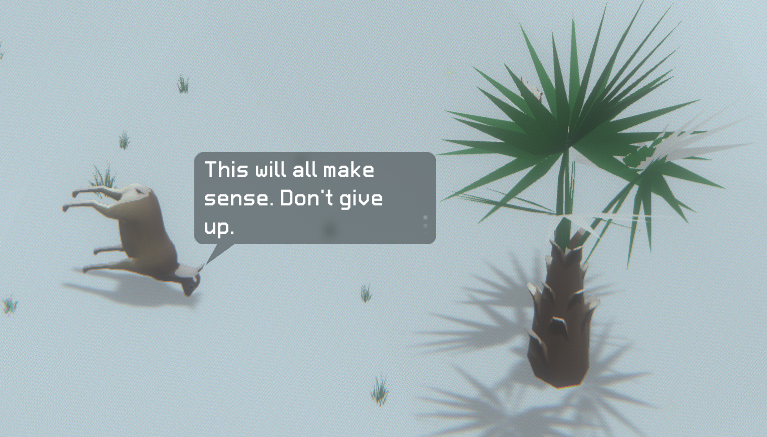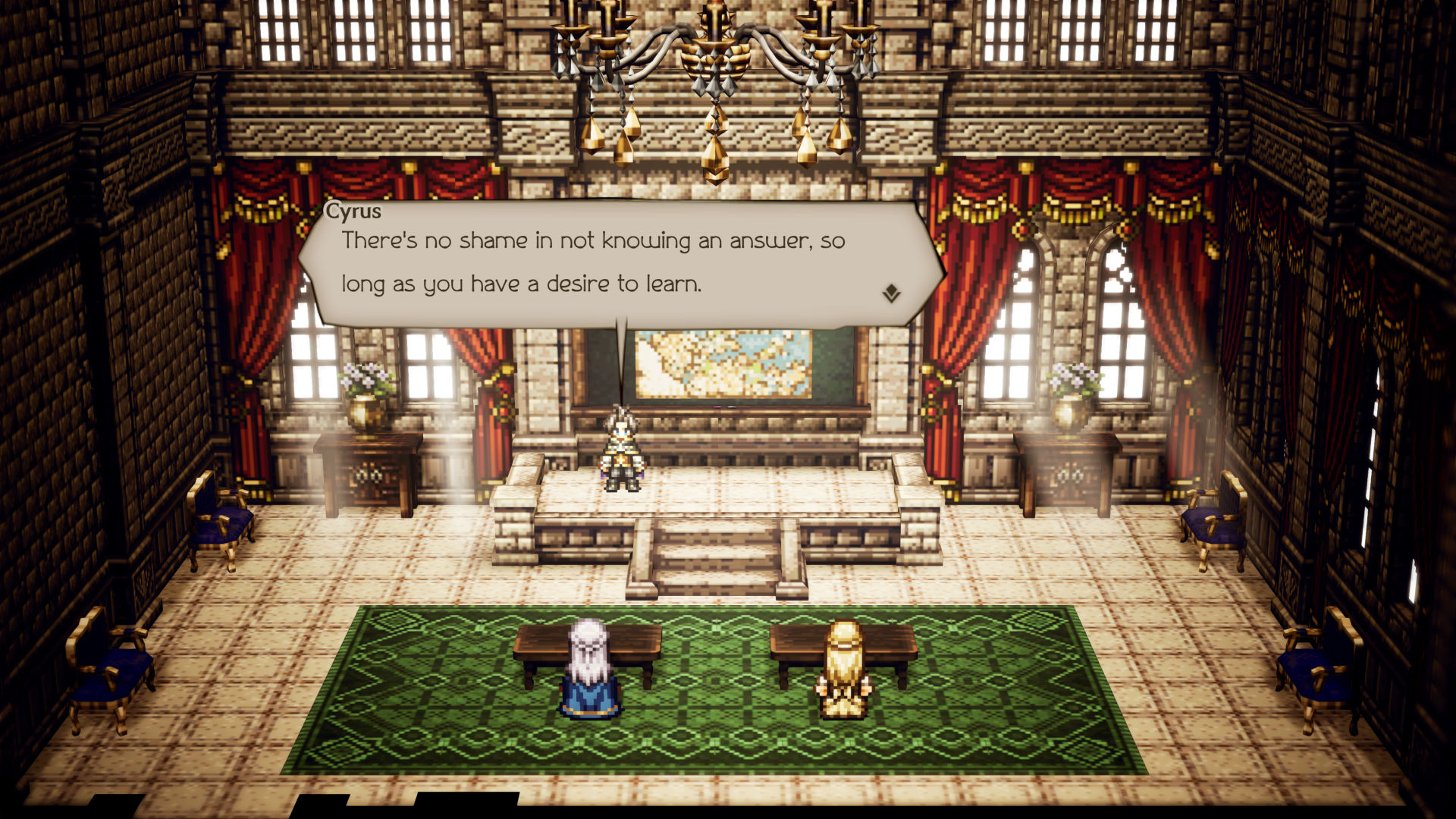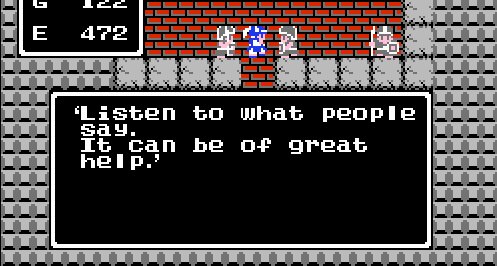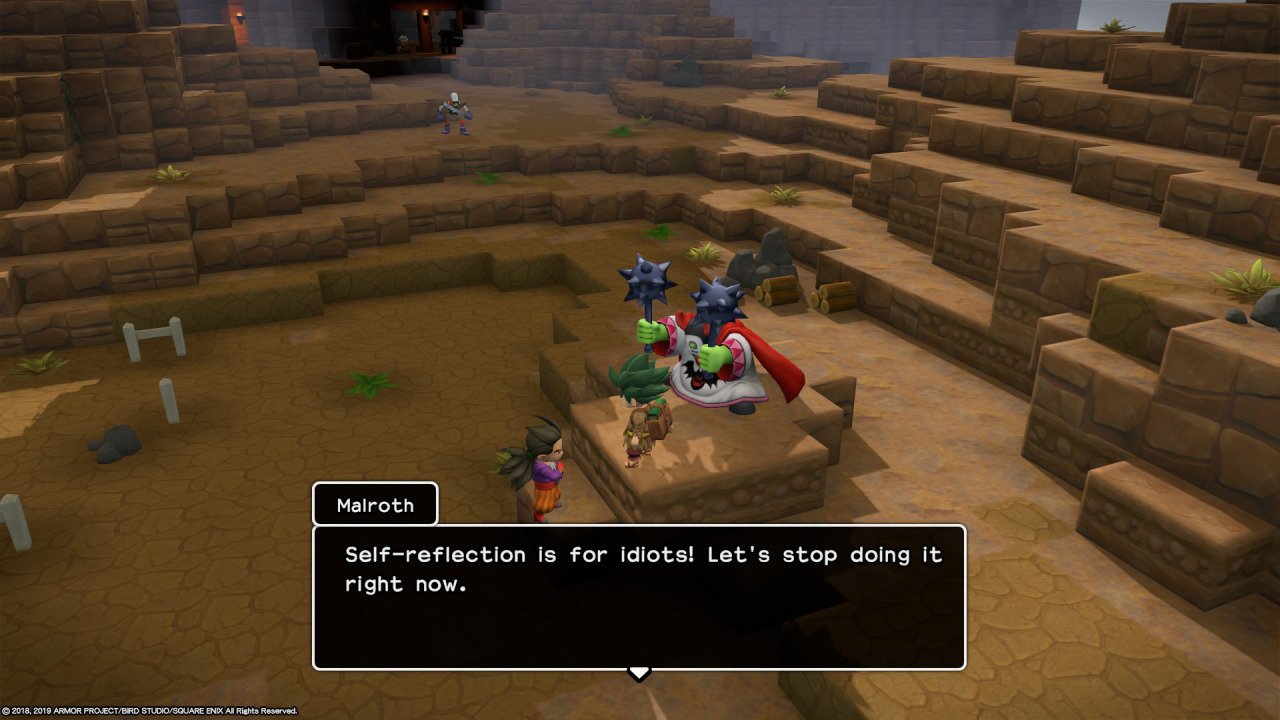Art directors don't need to have opinions (about everything).
This time I want to share my opinion about why having an opinion isn't all that necessary for art directors, what is necessary instead, and how we can separate our own opinions from what the project needs.
This is a topic dear to me and turned out to be difficult to put into words, so bear with me.
The dark side of opinions
I used to think ADs must have an opinion about everything art related. That's their job, right? I was wrong. Having opinions about everything is unnecessary and can even be destructive to your team and project.
So then what do you do? You make decisions.
I've found that decision making is the most important part of being an AD. Decisions, not opinions, shape the (artistic) vision of a project. It's easy to mistake your opinions about art with the decisions you have to make about art.

The problem with opinions
Your team might expect you to have opinions about everything. Maybe you do. And your team might reasonably think that their opinions don't weigh as heavily as yours. That might be true. But this situation is counter-productive.
If you hold opinions on everything, then everything must go through you. You become a bottleneck for the art team, and perhaps for others too.
You also take creative input and ownership away from your team. Nobody works in video games because they have no ideas of their own. They want to give their own input, have ownership over things. That’s one of the main reasons why I wanted to be an AD.
Micromanagement is one of the top issues employees have with their bosses. Don't let your opinions stand in the way of your team's creative freedom.

Make decisions instead
Whereas opinions are mostly from a personal perspective, decisions are made from a project perspective. They have to be made for the project. Every department has to be considered, not just art. You might have the opinion that all the environment art should be hand-sculpted in clay and photoscanned, but your timeline and budget says otherwise.
While your opinions and your decisions can be the same, don’t mistake them for the same thing. Opinions can and also should change as the information you have changes. But decisions are best made once, since they impact not only art but everyone working on the project. People depend on your ability to make good decisions and stick by them.
Where opinions are mostly reactive (I don’t like this thing you made), decisions can be proactive (I think we should make it like this). So where opinions are words, decisions are actions, and generally actions speak louder than words.
Don’t use your decision making power to pick your own ideas or follow your own opinion. There’s no secret sauce for good ideas, they come from everyone and everywhere. I particularly like Mark Darrah’s video Ideas are Free, where he states in the comments:
“I think there is merit in most ideas with great execution”

But if I don’t have an opinion, does that mean creative chaos?
The absence of opinions doesn’t mean the absence of guidance. In the many articles and Q&A’s I’ve read from other ADs, guidance is one of the most important things on their priority list.
Effective Art Directors
Five Secrets of Game Art Direction
I'm a games art director AMA
Being an art director: all you need to know
Guidance towards artistic goals, personal and technical growth, hitting production goals, etc. An AD is busy with a lot of things, but having opinions is not on that list.
How to use your opinions
According to this paper,
“The original opinions of the individuals are 'a priori' inclinations toward some subject.”
Meaning that the opinion comes from a “gut reaction” to the material. Take this as a signal that this is important to you, and examine this feeling deeper.
Opinions are also useful to help make unique decisions. Turning left where others would go right. Our opinions reflect our personality, which is unique to us. Use that to make unique decisions that set apart your project from others.
Another benefit of not always sharing your opinions is that when you do share them, people are more inclined to listen. As the saying goes, pick your battles.
Real xp
I was once asked to create a set design for a big dutch bank, who is heavily invested in fossil fuels and the like. They wanted a set full of green and plants in a bohemian style loft. My personal opinions of what the art should be and the requirements of the client were completely at odds, and could not be aligned. It was incredibly difficult to work on that project, and I had to make decisions that I had conflicting opinions about. This was one of the reasons I later quit that job.
Conversely, my opinion on how to best portray climate change and the needs of our game Deliver Us The Moon completely aligned, and that made it an absolute joy to work on.

Having opinions about everything is not necessary and can even be destructive. Making decisions at the right time and with the right mindset is much more important. Failing to do so will hurt your team, project, and process.
Align your personal opinions and the project’s needs as much as possible to be an effective AD, and a happy artist.
Thanks for reading. Please tweet or email me if you have any comments/opinions/questions, I’ll be happy to engage with you.
Pictures sourced from https://twitter.com/VGAdvisor
Further reading/watching
Making Decisions Better and Faster & 3 Steps to making better decisions - Mark Darrah
Mark Darrah, veteran game developer, shares some really fantastic advice on his recently created YouTube channel. From within the trenches of triple A game dev he's experienced a lot of different projects, and there's a lot to learn from him.